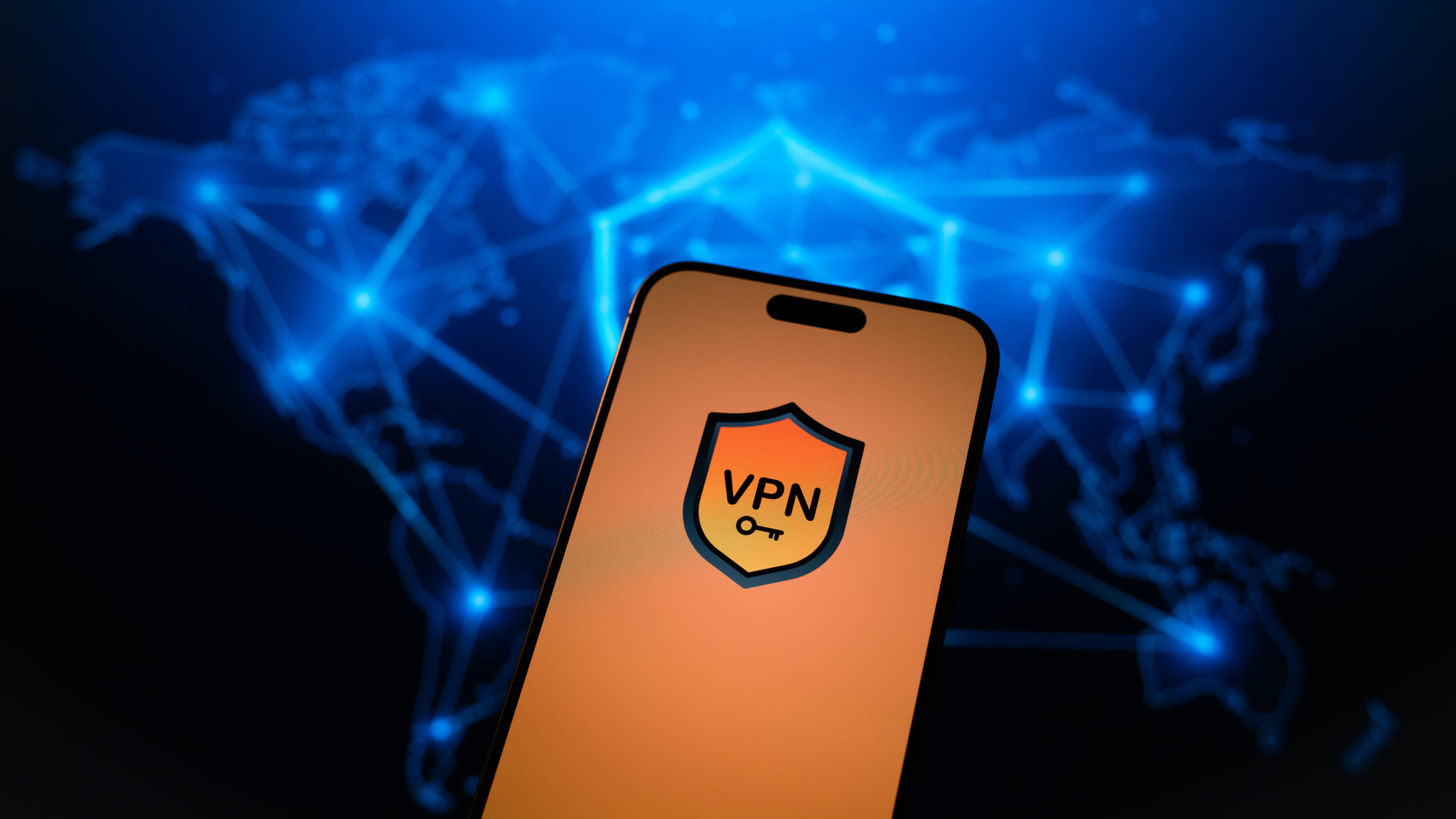Mandatory age verification lands in Ohio – here’s all you need to know
From September 30, citizens must prove their age every time they wish to access adult-only content

Sign up for breaking news, reviews, opinion, top tech deals, and more.
You are now subscribed
Your newsletter sign-up was successful
- Ohio is set to enforce mandatory age verification starting on September 30, 2025
- Citizens must prove their age every time they wish to access content deemed "obscene or harmful to juveniles"
- Ohio joins over 20 US states in enforcing some form of mandatory age verification requirements
Ohio has joined the list of states to age-gate some forms of content in the name of children's online safety.
Starting from Tuesday, September 30, Ohio citizens are required to prove they are over 18 to access adult-only websites and other platforms hosting "obscene or harmful to juveniles."
This means that both adults and minors will need to be ready to share their most sensitive information with these online services to grant access. A requirement that has pushed users in other jurisdictions towards the best VPN apps to protect their privacy and security.
Ohio follows Arizona and over 20 more US states in passing some form of age verification law.
So far, these new obligations have fueled a debate around the balance between children's digital safety and privacy.
Ohio's age verification law – a long awaited milestone
Ohio's age verification law comes as a milestone that lawmakers have been trying to pass for years. Yet, after reintroducing the provision this summer in its over 3,000-page-long budget bill, mandatory age verification was finally approved in June. Two months later, it's the law.
As per Ohio HB 96's provision, citizens are required to submit a photo ID or transactional data, such as employment or education records, to grant access to content that's deemed "obscene or harmful to juveniles." For ongoing accounts, platforms must verify users' ages every two years.
As a Senior Policy and Advocacy Expert at the Internet Society, John Perrino told TechRadar, while it's reasonable to require adult websites and social media platforms to take measures to prevent children from reaching explicit content, these types of laws also make people vulnerable to privacy and security risks.
He said: "It’s another thing entirely to require everyone in a state to hand over an ID and risk their online privacy and security to access legal material."
Critics are also worried that the vague wording around what constitutes "harmful" content could also end up censoring important resources online, such as health or sexual education material.
All in all, Perrino believes that age verification requirements don’t keep people safe on their own.
"Age-based safety measures that provide default protections and give people control over the type of content they want to see are better alternatives," he added.
"A geofence system"

Online service providers are also required to use "a geofence system" to monitor the geolocation of all internet users trying to access age-gated content.
This means that, when users' location shows Ohio, online platforms are required to block the content until "a person's age has been verified using reasonable age verification methods."
While an IP address isn't the only detail that can be used to determine a person's location online, it's certainly the most-used one.
If that's the case in Ohio, circumventing tools like a virtual private network (VPN) could enable citizens to look like they're browsing from a completely different location and bypass any of these geo-restrictions.
Searches around VPNs have already risen nearly 50% in Ohio, with this projected to continue. This surge in interest was also seen in Arizona, a region already impacted by age verification measures, where VPN searches have since risen by around 50%.
The ease of bypassing mandatory age checks is exactly the reason why Michigan is also targeting VPN usage with its new proposed adult content law. An outcome that would further endanger Americans' right to privacy and security.
Commenting on this point, NordVPN's privacy advocate, Laura Tyrylyte, told TechRadar: "Restricting access to these technologies not only jeopardizes individual liberties but also sets a worrying precedent for increased government control over the open internet."
Can I use a VPN?
While Ohio's law doesn't include any VPN blocking requirements, this might change if VPNs were to end up making this provision ineffective.
A VPN encrypts your internet connection, spoofing your IP address and adding another layer of protection to your online activities. This means that by connecting to a VPN before interacting with age verification systems, your IP address is hidden, removing a link to your personal data that could be exploited by cybercriminals.
Alongside this, a VPN can allow you to connect to servers in other countries should you need to access information from home while abroad, or access the internet while in regions of tighter restrictions. This ability to connect to other regions worldwide is what can render age verification methods ineffective, as was seen in the UK in recent months.
Alongside the rise in interest around paid VPNs, free VPNs have seen an equal, if not greater, spike. While free VPNs offer a quick and easy solution to securing your connection, an increasing number of free VPN services appearing on app stores either put your data at greater risk by sharing your data with third parties or authoritarian governments, or inject malware into your device to steal sensitive personal and financial information.
To avoid this, we recommend using a reliable US VPN. At the moment, the best VPNs for the US include ExpressVPN, PIA, and NordVPN. All of these providers offer strong no-logs policies, reliable security technology, and servers across the US to connect to should you wish to secure your connection online.
You might also like

Chiara is a multimedia journalist committed to covering stories to help promote the rights and denounce the abuses of the digital side of life – wherever cybersecurity, markets, and politics tangle up. She believes an open, uncensored, and private internet is a basic human need and wants to use her knowledge of VPNs to help readers take back control. She writes news, interviews, and analysis on data privacy, online censorship, digital rights, tech policies, and security software, with a special focus on VPNs, for TechRadar and TechRadar Pro. Got a story, tip-off, or something tech-interesting to say? Reach out to chiara.castro@futurenet.com
You must confirm your public display name before commenting
Please logout and then login again, you will then be prompted to enter your display name.